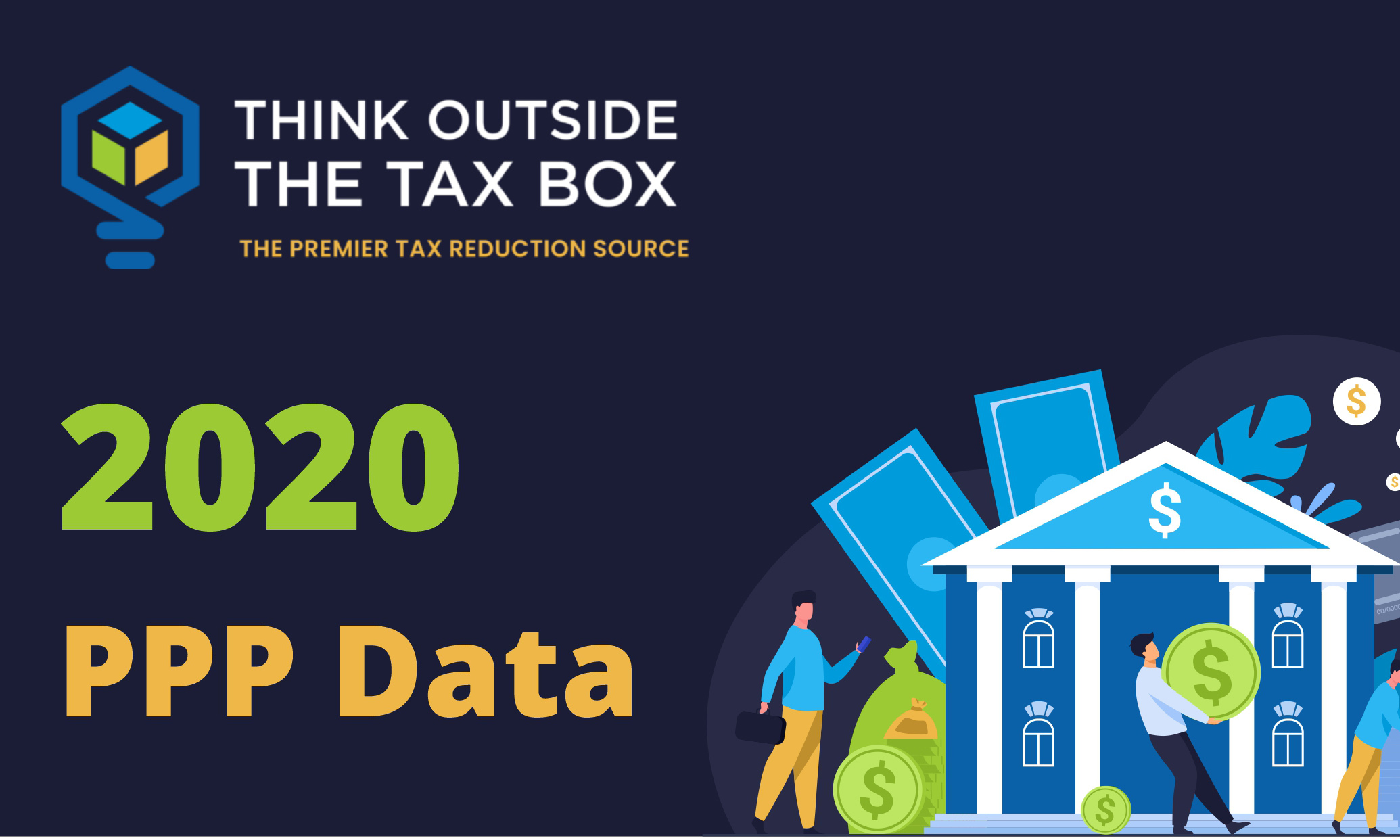Bob Dylan Shows How to Beat an Imminent Tax Increase
Timing might be one of the oldest, most valuable tax strategies known. Essentially, a timing strategy allows a taxpayer to pay tax when rates are generally lower rather than when in a higher tax bracket or when facing increasing tax rates. Given this, 2020 may have been an optimal time to sell capital assets if tax rates rise under the new administration.
President-elect Joe Biden has suggested taxing capital gains as ordinary income for high-income taxpayers (more than $400,000), as well as raising the top tax rate from 37% to 39.6%. Here’s how to cash in on the lower rates and, more importantly, when. While tax law changes seldom pass quickly, we often see changes made retroactive to the beginning of the year they are voted into law.
Based on a recent story in The New York Times, Bob Dylan may have anticipated the increase when he sold the copyrights to his catalog of more than 600 songs for $300 million. Not to fret if you found yourself missing the beat of Dylan’s lead, there are many things a taxpayer can do to reduce capital gains tax, especially for self-created works of art. Here’s how.
Read More















